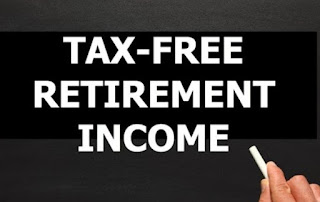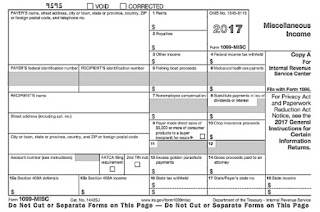Perhaps one of the most confusing parts of filing taxes is
all of the “tax jargon” that is used.
When you don’t know what any of those terms mean, it’s easy
to end up feeling confused and frustrated. Fortunately, though, it is also fairly easy to educate
yourself on some of the more commonly used (and commonly misunderstood) tax
terms.
Adjusted Gross Income
One term that you’ll definitely hear come tax-time is
“adjusted gross income.” This term refers to the modified version of your total
income that you receive from all different sources. However, you can, in many cases, subtract some deductions
from your adjusted gross income. The amount that you ultimately come up with will determine
your tax bracket, which is why it’s important to take advantage of all of the
deductions you possibly can- something a good tax professional can assist you
with.
Tax Credits
You may also hear a lot about “tax credits” during tax
season. These are another great way in which you can lower your
taxes. They are similar to deductions but, instead of being
subtracted from your income, they are basically applied to the funds you owe. Some of the credits for which you may be eligible are even
refundable, which means that if they equal more than you owe in taxes, you can
get a nice refund. You can learn about different credits and find the ones you
are eligible for by working with a tax professional.
Withholding
Finally, you might hear a bit about “withholding.” This is how you pay your taxes to the IRS while earning
money. Your employer can set up withholding so that it happens
without you having to worry about it. If that doesn’t happen, however, you
could have to pay a penalty when you file. On the other hand, if you over-withhold, you can enjoy a tax
refund. However, that is not always advisable, which is why it’s good to work
with someone who knows and understands taxes inside and out.
In fact, while it is certainly smart to educate yourself on
tax terms, remember that nothing beats the help of a true professional.


























